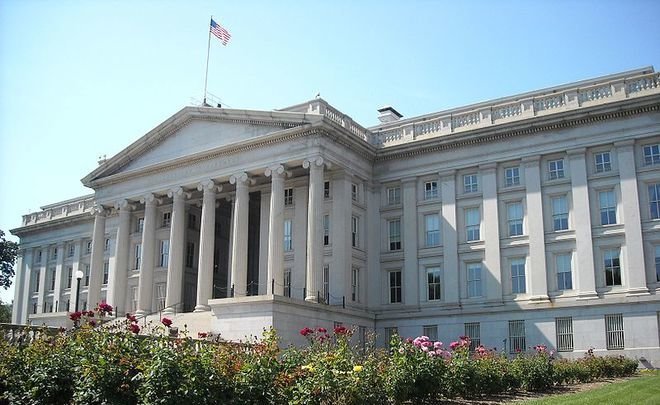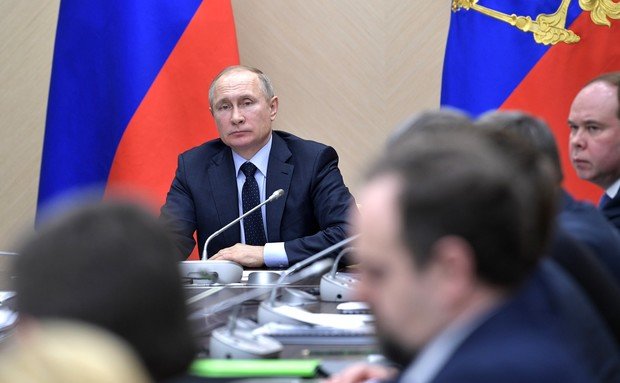The U.S. Treasury Department defends Russian federal loan bonds
The decision of the United States on Russian national debt — whatever it is — is unlikely to threaten the Russian economy

The U.S. Treasury Department believes that the extention of sanctions against Russia poses a threat to US investors themselves and the stability of global financial market. Thus it has assessed the possible consequences of the ban on purchase of Russian sovereign debt — the measure that has been discussed for several months in a row and which, as many feared, could lead to weakening of the ruble. Realnoe Vremya asked the experts whether the potential sanctions in part of OFZ are critical for Russian economy.
The ''report'' with a follow-up
Media coverage in connection with possible tightening of sanctions did not subside for a long time. Until the beginning of last week, it was fueled by nervousness before the publication of the so-called Kremlin Report — the list of government officials and businessmen in regard of whom the US authorities can impose personal restrictions.
It was expected that the list would include people close to President Vladimir Putin. On January 30th, ''the dossier'' was published and presented to the U.S. Congress — but, as Russian and world media noted, it turned out to be just a formality. The list includes 210 Russian citizens in total, including 96 billionaires whose surnames the authors of the report simply borrowed from the 2017 Forbes rating.
However, the topic of sanctions did not exhaust itself on it: everyone was waiting for the U.S. Treasury Department to deliver a regular report to the congressmen, in which it would assess the prospect of sanctions extention. It was known that as a basic option it was considered a ban for US companies and citizens to buy the debt obligations issued by Russia (now it is mainly federal loan bonds, OFZs, placed by the ministry of finance).

Some experts expressed fears that if the restrictions really applied to Russian state bonds, it would have lead to negative consequences for the country's economy, moreover — in a relatively short time. About one-third of OFZ owners, according to the results of the end of last year, are foreign investors. Therefore, some experts believe that a ban on purchase of state bonds can provoke their sale and as a consequence — weakened ruble. In total, at the beginning of October it was issued OFZs at $160 billion.
For no one's benefit
Bloomberg has recently published the report of the U.S. Treasury Department on possible consequences of expanding sanctions to new Russian sovereign debt. It says that the extension of sanctions to OFZs may have effect not only on Russia but also investors from the USA and global financial market as a whole. Besides, the ministry of finance stated that the magnitude of potential restrictions remains uncertain. On the one hand, global companies are likely to support the position of the United States, but on the other hand, the EU could not support the restrictions, which will harm the unity of the sanctions policy.
''There should be no difficulties''
The opinion of the ministry of finance cannot be considered as a refusal from the ban on OFZs — it is a recommendation. The question is still up in the air, although the likelihood of expanding sanctions on Russian debt has now decreased. However, the majority of experts interviewed by Realnoe Vremya agree that even a potentially tough U.S. decision on Russian bonds will not pose a serious threat to the ruble and the country's economy.
